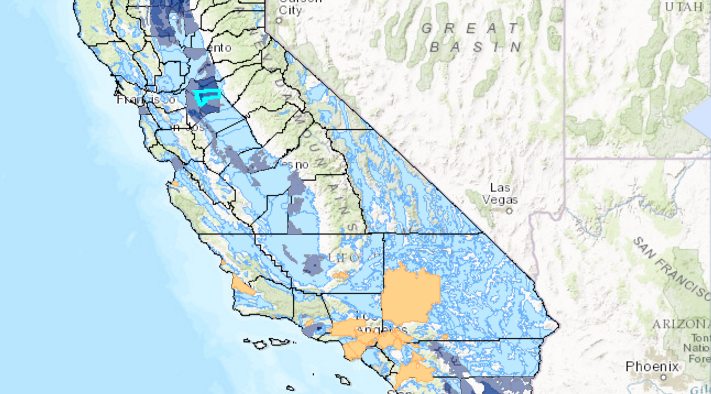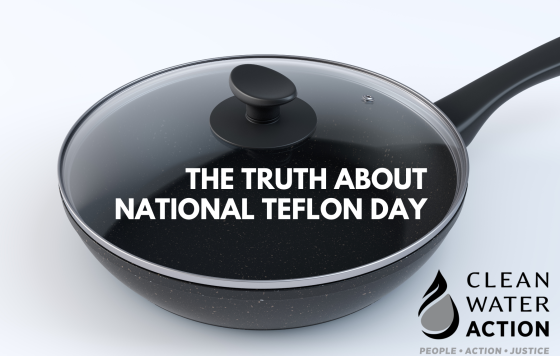
On Wednesday, the California Water Commission approved emergency regulations for the implementation of the 2014 Sustainable Groundwater Management Act (SGMA). These regulations are a significant milepost in what will be a very long journey towards groundwater sustainability in California.
The regulations are intended to provide requirements for local agencies developing groundwater plans as well as identify the evaluation tools that will be used by the Department of Water Resources to determine if a local agency is making adequate progress towards sustainability.
Clean Water Action, along with dozens of environmental, environmental justice and local community organizations, provided extensive comments to help strengthen the regulations. We know from long experience that local engagement, transparent information, and a strong and accountable governance structure are the basic building blocks of strong institutions. This is especially important in the case of groundwater, which directly impacts the lives of millions of Californians and has been exploited for decades.
While the initial draft of the regulations released in February were promising, the final regulations approved this week rolled back many of the items we supported, including local engagement at important junctures, open-source modeling and public data requirements and a mandate for coordination between water management and land use entities.
While many of the Commissioners sympathized with our concerns, their role was limited to approving or disapproving the regulations. Any suggestions they provided for amendments are merely advisory; and staff indicated that, while some clarification might occur, the substance of the regulations would not change. We understand their decision to approve the regulations, but find their process to be wholly antithetical to the principles of public engagement and inclusiveness.
As a result, many local communities will have to work harder to participate in the development of plans for their basin and gain access to information about groundwater conditions. Some local groundwater agencies already have or are developing robust public processes, but in other areas, the very agencies responsible for depleting local aquifers are in charge of the new planning efforts. We need tools to hold these agencies accountable for their actions; without transparent data and governance, that is much more difficult. However, these agencies (many of which have yet to be formed) will be public agencies, and subject to public meeting and disclosure laws. Clean Water Action plans to assist local communities in gaining and maintaining access to information and participating in decisions about their local water supply.
The next step in the road to sustainability is a requirement to establish a Groundwater Sustainability Agency (GSA) in each of the 127 groundwater basins covered by SGMA. That must be done by July 1, 2017. Basins or portions of basin that are not covered by a formal GSA by the July 1, 2017 deadline – or those areas that are covered by multiple, conflicting GSAs - will be subject to enforcement action. Many agencies have already filed their GSA formation notices with the Department, which maintains a list and map of local agencies. My advice? Look at the list and the map, find your GSA, and contact them to let them know you are interested in participating in their process. And let me know how it goes.



